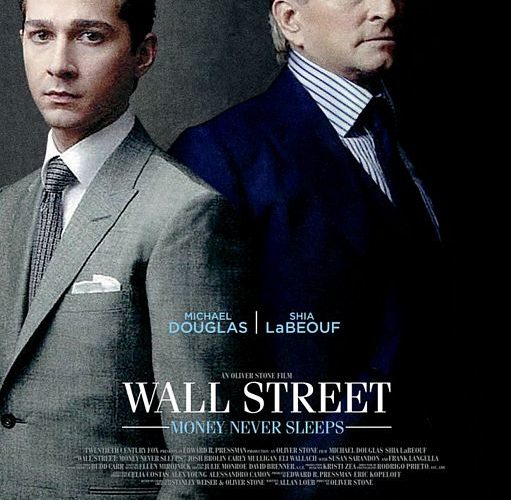O Brother, Where Art Gordon Gekko?
There’s a lot done right in Wall Street: Money Never Sleeps. Director Oliver Stone has turned out an entertaining film of surprising ambition. You would think it’d be a cheap and safe cash grab, but it’s a little more than that. With plenty of odd ball Stone editing touches and plenty solid performances, it’s clear nobody is aiming low. Where the film truly falls from grace is, ironically, the one guy who warranted a revisit: Gordon Gekko.
You’d be hard-pressed to find a single moviegoer who doesn’t go simply for Michael Douglas to get just a little bit more of Gekko on one more time. The problem isn’t that Gekko is a side character here (he was technically that in the original, it’s that he’s not the Gordon Gekko we know and love.
In the 1987 original, Gekko was embraced by so many because of how unconventional he was. He was the ultimate villain unlike any other. Many would argue he’s not even the real villain of the film. He was a man of no remorse, full of self-satisfaction and yet you still oddly seductive. We, like Charlie Sheen’s Bud Fox (who makes a fairly useless cameo here), fall for him.
But here, Gekko feels too soft. The script does have him doing bad things and keep his intentions ambiguous for most of the film, but the intimidation is gone. When facing off against Josh Brolin‘s Bretton James, it’s a bit hard to believe that Gekko and some peppy kid (Shia LaBeouf) are actually capable of taking this guy down. James is a reincarnation of Gekko. He’s the new-age version of slime balliness on Wall Street. When Gekko and James are in the same room, James makes him look like a school boy fighting against a God. There’s no competition here, and yet guess who comes out on top? You never really feel the stakes between this trio battle, but you definitely come away thinking the right man didn’t win that battle.
It’s especially difficult to believe that, after years and years of being in jail, Gekko wouldn’t be hell bent on getting what’s his. This is attempted at being explained via a plot device involving his estranged daughter (Carey Mulligan), which paints Gekko as a father seeking redemption, but it doesn’t work. At the end of the day, who actually wants to see Gekko go soft? His darkness here feels phony. Gekko is a larger-than-life character that’s been reduced to something familiar and not quite new.
A big question this new Gekko poses: whatever happened to that angered Oliver Stone we all love? You know, the one that would show the extremes of human behavior? There’s a great film buried deep, deep down here and it certainly would’ve been helped if Gekko hadn’t changed so radically and thematically for the worst, especially in those last five minutes…
What do you think of the new Gordon Gekko?


